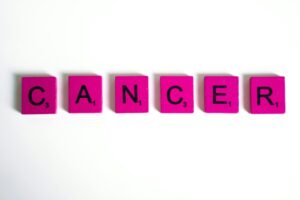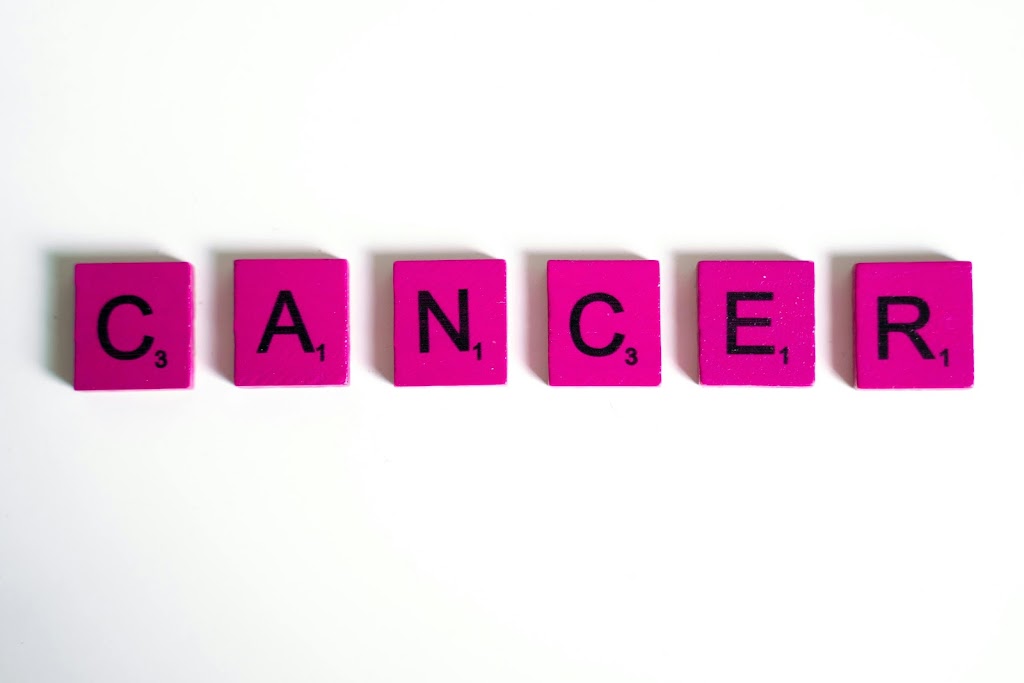 |
| How Alcohol Impacts Cancer Risk |
How Alcohol Impacts Cancer Risk: What You Need to Know: When it comes to health, alcohol consumption is often a topic of debate. While moderate drinking is sometimes associated with certain health benefits, such as improved heart health, the risks are equally significant—especially when it comes to cancer. Research consistently shows that alcohol consumption is linked to an increased risk of several types of cancer. But how exactly does alcohol impact cancer risk? Let’s dive into the science and explore what you need to know.
The Link Between Alcohol and Cancer
The World Health Organization (WHO) and the International Agency for Research on Cancer (IARC) classify alcohol as a Group 1 carcinogen. This means there is strong evidence that alcohol causes cancer in humans. Studies have shown that alcohol consumption is responsible for about 5% of all cancer cases worldwide and nearly 6% of cancer-related deaths.
Even though many people are aware of the general health risks of excessive drinking—such as liver disease, heart problems, and addiction—fewer people understand alcohol’s direct connection to cancer. The cancers most commonly linked to alcohol include:
Mouth, throat, and esophageal cancer
- Liver cancer
- Breast cancer
- Colorectal cancer
But why does alcohol increase cancer risk? The answer lies in the complex way alcohol interacts with the body.
How Alcohol Affects the Body
When you consume alcohol, your body breaks it down into acetaldehyde, a toxic chemical and known carcinogen. Acetaldehyde can cause DNA damage and prevent cells from repairing themselves properly. Over time, this can lead to the development of cancer.
Here are some of the ways alcohol increases cancer risk:
- DNA Damage
Acetaldehyde damages the genetic material in cells, increasing the likelihood of mutations that lead to cancer.
- Increased Estrogen Levels
For women, alcohol consumption can raise estrogen levels, a hormone linked to breast cancer. Higher estrogen levels can promote the growth of certain types of breast tumors.
- Oxidative Stress
Alcohol can produce free radicals, which lead to oxidative stress. This damages cells and contributes to cancer development.
- Weakened Immune System
Heavy alcohol use can compromise your immune system, making it harder for the body to fight off cancerous cells.
- Nutritional Deficiency
Chronic drinking can interfere with the absorption of essential nutrients, such as vitamins A, C, D, E, and folate, which play a role in protecting the body from cancer.
Alcohol and Specific Types of Cancer
Let’s take a closer look at how alcohol consumption impacts the risk of specific cancers.
- Mouth, Throat, and Esophageal Cancer
Alcohol irritates the lining of the mouth and throat, making these tissues more susceptible to damage. If you combine alcohol with smoking, the risk of these cancers increases significantly.
- Liver Cancer
Chronic alcohol use can lead to cirrhosis, a condition in which liver cells are replaced with scar tissue. This increases the risk of liver cancer over time.
- Breast Cancer
Even low levels of alcohol consumption (e.g., one drink per day) have been linked to an increased risk of breast cancer. Alcohol raises estrogen levels, which can stimulate the growth of breast cancer cells.
- Colorectal Cancer
Alcohol can irritate the lining of the colon and rectum, leading to inflammation and increasing the risk of cancer in these areas.
How Much Alcohol Is Too Much?
The risk of cancer increases with the amount of alcohol consumed. According to experts, there is no “safe” level of alcohol consumption when it comes to cancer risk. However, limiting your intake can significantly reduce the likelihood of developing cancer.
- Moderate Drinking
For most people, this means up to one drink per day for women and up to two drinks per day for men. While this level of drinking may lower the risk of heart disease, it still carries some cancer risk.
- Heavy Drinking
Consuming large amounts of alcohol or binge drinking significantly increases cancer risk. Heavy drinking is defined as more than 14 drinks per week for men and more than 7 drinks per week for women.
If you’re looking to reduce your cancer risk, the best option is to limit or eliminate alcohol from your diet altogether.
Can You Reduce Your Risk?
The good news is that by making lifestyle changes, you can lower your cancer risk—even if you’ve been a regular drinker in the past. Here’s how:
- Cut Back on Alcohol
Reducing your alcohol intake or quitting altogether is one of the most effective steps you can take to lower your cancer risk.
- Eat a Healthy Diet
Focus on a diet rich in fruits, vegetables, whole grains, and lean protein. These foods contain antioxidants and other nutrients that help protect your cells from damage.
- Stay Active
Regular exercise can boost your immune system and help regulate hormone levels, such as estrogen, which reduces your cancer risk.
- Avoid Smoking
Smoking and drinking together significantly increase the risk of cancer, especially in the mouth, throat, and esophagus. Avoiding both can drastically improve your overall health.
- Get Regular Check-Ups
Routine screenings, such as mammograms, colonoscopies, and liver function tests, can help detect cancer early when it’s most treatable.
Final Thoughts
While alcohol is a widely accepted part of social culture, its role in increasing cancer risk cannot be ignored. From DNA damage to hormone disruption, the effects of alcohol on the body are serious. By understanding the risks and making informed decisions about your alcohol consumption, you can take control of your health and reduce your chances of developing cancer.

